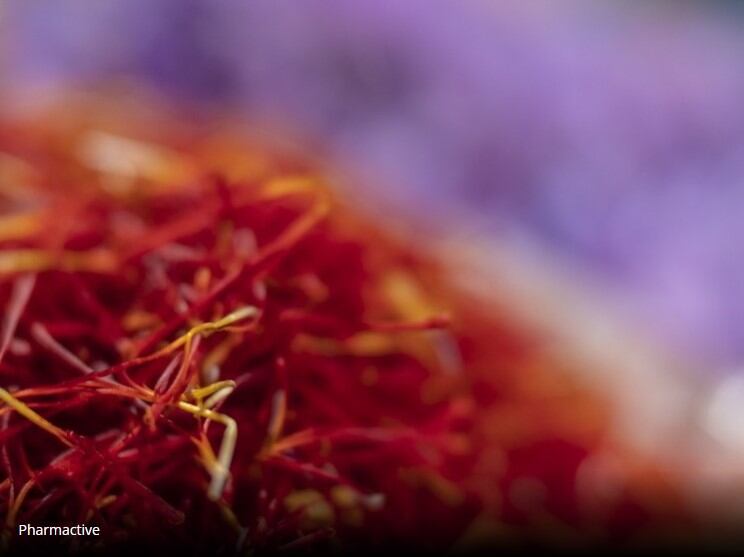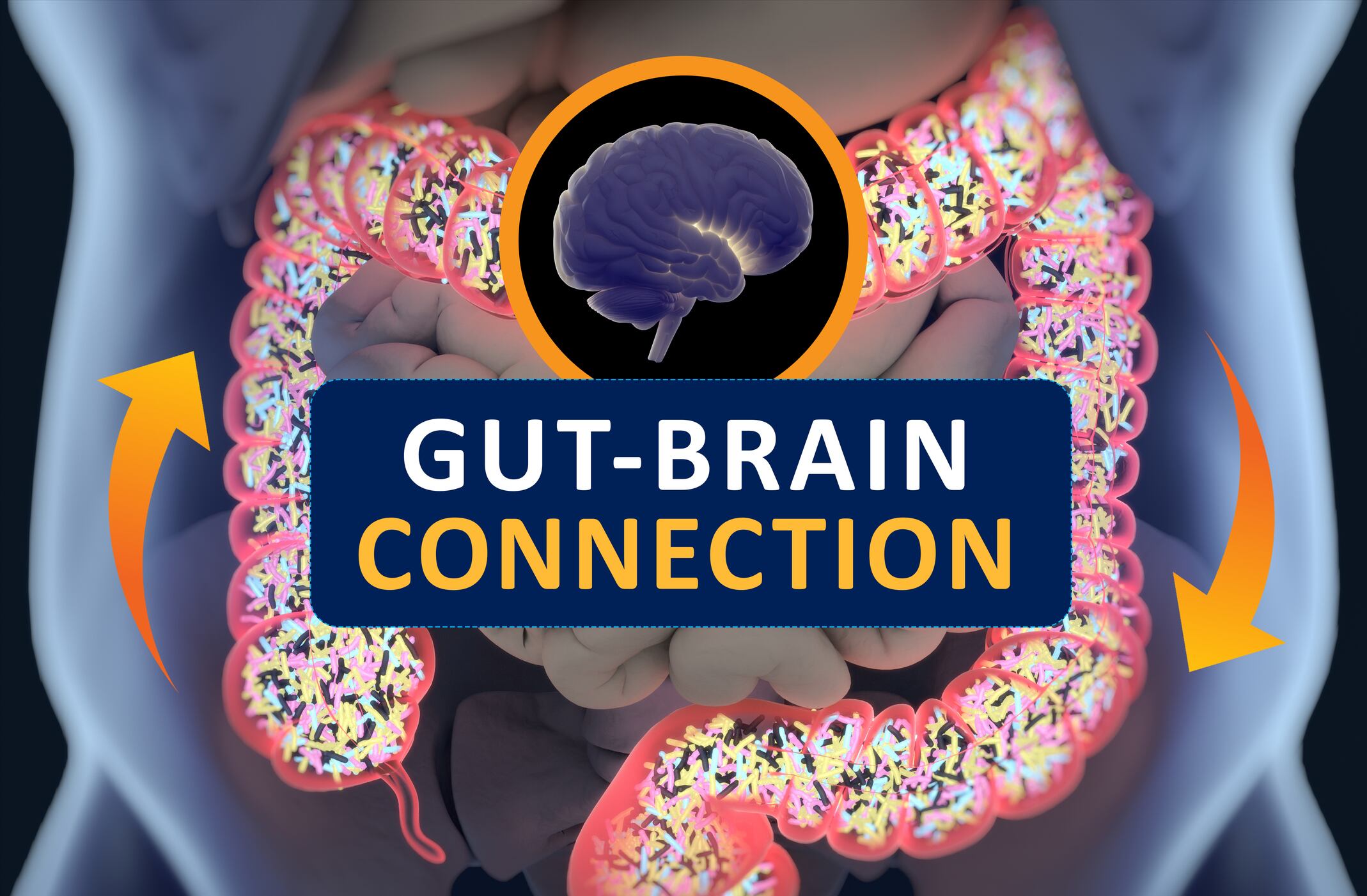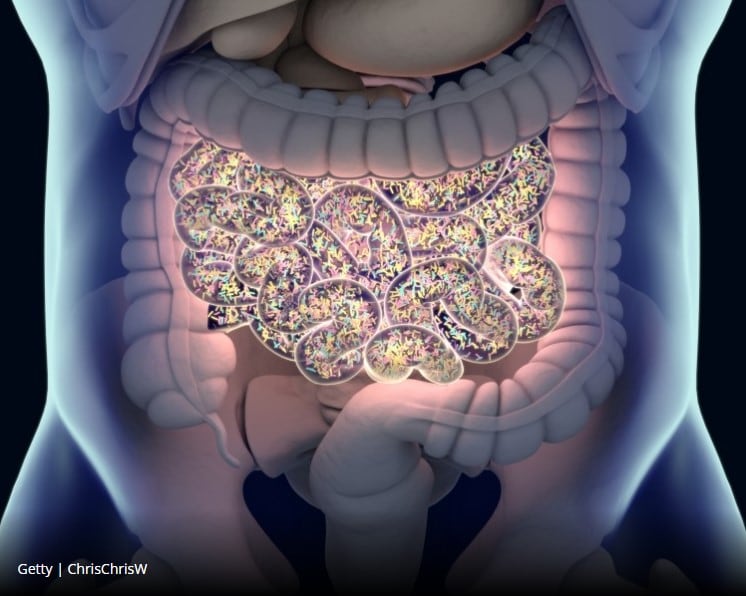The APC Microbiome Ireland SFI Research Centre study found that in women, levels of the Prevotella and Megasphera bacterial genera correlate positively with pain sensation thresholds.
“This study is one of the first to highlight the novel possibilities for individual microbiota targeted therapies for gender specific pain management,” comments Dr Siobhain O’Mahony, an investigator at APC Microbiome Ireland and Senior Lecturer and Principal Investigator in the Department of Anatomy and Neuroscience, University College Cork
“Our research highlights the need to design innovative gender-specific interventions perhaps for all disorders related to the gut microbiota.
“Our findings support the hypothesis that the gut microbiota may be one of the influencing factors determining the physiological inter-sex differences in pain perception.
“We plan to continue this exciting research to unravel the molecular mechanisms by which specific sex hormones and gut microbes modulate pain signaling pathways.”
Study details
The team enrolled 15 healthy, non-obese males and 16 females (N = 16), (nine of whom were using hormonal contraceptives).
Male subjects were invited to undergo testing once, whereas females were invited three times across the menstrual cycle, based on the self-reported phase.
On test days, electrical stimulation on the right ankle was performed; salivary cortisol levels were measured in the morning.
Lipopolysaccharide-binding protein (LBP), soluble CD14 (sCD14) and pro-inflammatory cytokines levels were assessed in plasma.
Additionally, microbiota composition and short-chain fatty acids (SCFAs) levels were determined in faecal samples.
Results revealed that women displayed a lesser ratio of electrical pain tolerance threshold to pain sensation threshold compared to men.
A hormonal contraceptive is associated with greater relative abundance of the gut bacteria Erysipelatoclostridium in women.
In women, levels of the Anaerofustis bacterial genera correlated positively with the cortisol awakening response.
The study concluded that women presented stronger associations between cortisol responses, pain sensitivity thresholds and SCFAs compared to men.
‘Novel and exciting’
“The discovery of important associations between the gut microbiota and somatic pain is novel and exciting,” explains Professor George Shorten, President of the College of Anaesthesiologists, University College Cork
“These offer the potential to improve our understanding of pain states, and clearly offer new opportunities to develop pain management therapies.
“The implication is that maintenance or manipulation of the gut microbiota could positively influence pain perception, thereby offering new intervention targets,” he adds.
“These might include prebiotic or probiotic administration, timing or choice of antibiotics, diet, and fasting protocols for those undergoing surgery.”
In discussing the findings, the team highlighted bacteria from the genera Prevotella and Megasphaera, previously associated with weight loss, diet, vaginal inflammation and perinatal HIV infection.
These genera correlated positively with electrical pain thresholds in a specific phase (late follicular) of the menstrual cycle, suggesting a potential role for these bacteria in modulating hormone-dependent pain sensitivity.
Professor John Cryan, Vice President for Research and Innovation at University College Cork who is co-author on the study adds, “Although a small study it shows the importance of gut microbes in other aspects of health, in this case pain.”
Source: Brain, Behavior, and Immunity
Published online: doi.org/10.1016/j.bbi.2022.06.002
“Sex, pain, and the microbiome: The relationship between baseline gut microbiota composition, gender and somatic pain in healthy individuals.”
Authors: Valentina Caputi et al.




